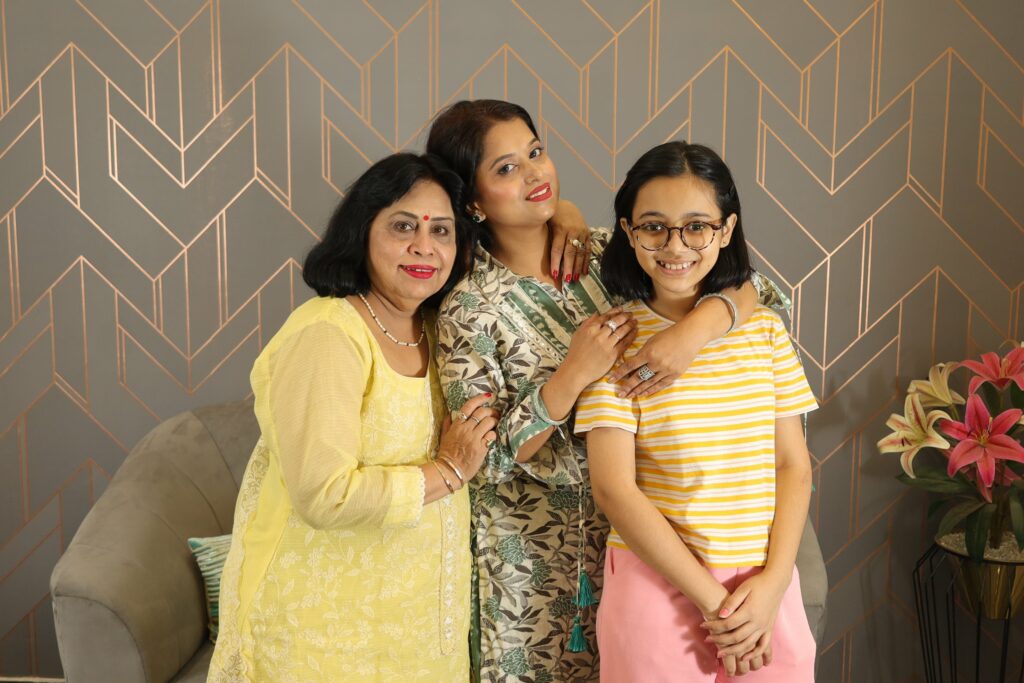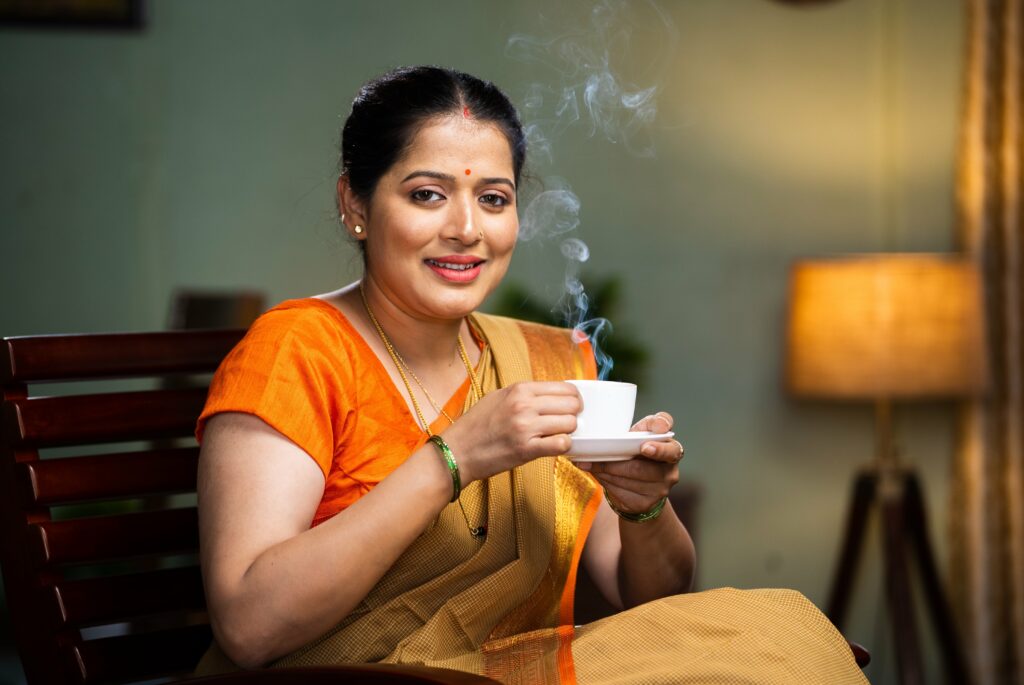Today is International Women’s Day. The time of the year when women’s achievements, contributions, and rights are brought to the limelight. It is the only day when women from the past are lauded for their initiatives and success in establishing equality for women. But these are not the sole purposes of this day.

International Women’s Day is a reminder that nudges us to continue the fight for women’s equality and equity every year. This year’s theme is ‘Inspire Inclusion’, Everyone deserves an opportunity to live a healthy life, and this is where health equity in women’s healthcare matters.
Healthcare equity implies that every woman receives a fair and just chance at quality healthcare services regardless of where they come from or how they look.
Are our women receiving quality, respectful, and impartial healthcare?
It is crucial to reflect on the progress made in the realms of reproductive, sexual, and maternal healthcare. Although we have come a long way, there is still more to achieve and implement in ensuring the best healthcare for women. We need to make sure that every woman, regardless of their background and circumstances, gets accessible healthcare services and can make informed choices about their body and life.
Women of every age have the right to receive accessible healthcare where all their needs are addressed. We can look at the healthcare needs of women by tracing them through different phases of their lives.
Adolescent Health
Adolescence is a crucial stage in a woman’s life where she goes through several physical and psychological changes. Comprehensive sex education and safe healthcare environments are inevitable in developing inclusive healthcare solutions.
Quality menstrual and reproductive healthcare can enable girls to have better health later in their lives. Menstrual health issues are often overlooked with shame and stigma in our society. Thus, only a few girls come forward to access healthcare services.

Inclusive, safe, and non-judgemental health screenings for Sexually Transmitted Infections (STIs) like HIV and HPV are necessary. The healthcare providers should be trained to offer care without any bias. Early detection and prevention of prevalent reproductive health issues, including cervical and ovarian cancer, PCOD, PCOS, and endometriosis, is indispensable. This includes accessible HPV vaccinations and cervical cancer screenings at all levels of health centres.
Maternity Care
Maternity healthcare includes access to safe infertility treatments, counselling on contraception and family planning, respectful prenatal care, postnatal care, and nutrition. The lack of these basic services undermines and endangers the rights and well-being of women.

It is necessary to recognise and respect women’s autonomy and dignity while providing reproductive and maternal healthcare services. A woman-centred maternity care ensures that every mother-to-be makes informed choices and gets quality care irrespective of socio-economic differences.
Menopausal Healthcare
Towards the end of reproductive years, women go through another set of physical and psychological changes. A woman’s nutrition needs can change after and during menopause. The changes begin gradually with the perimenopausal phase. Women often fail to recognise the signs due to the lack of awareness. After menopause, many women become prone to health conditions like osteoporosis and are exposed to risks of cardiovascular diseases.

There is a need to spread awareness about perimenopause and postmenopausal health among women and health professionals. Women should be guided through this stage with the right nutrition and health treatments.
Providing healthcare equity for women does not end with focusing on one aspect. Instead, a comprehensive healthcare system needs to be developed where all health conditions are addressed and treated. Non-judgemental, safe, and inclusive spaces are what our women need. Reforming the design of the healthcare system to actively involve women and their health issues will not just serve women and girls in the present but also future generations.


 In response to this article I agree that women should be given the opportunity to choose and have control in their birth journeys. There are several studies supporting continuity of care by midwives, which result in better outcomes for both mother and her newborn.
In response to this article I agree that women should be given the opportunity to choose and have control in their birth journeys. There are several studies supporting continuity of care by midwives, which result in better outcomes for both mother and her newborn.